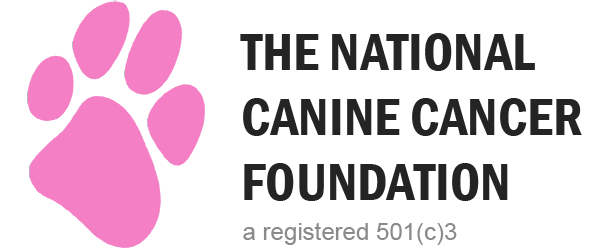It is worse than a swear word in our house. We have been hit with this cancer four times, both in the spleen and in the heart. It is one of the meanest cancers out there, I believe, and I have talked to so many of you who feel the same about it. The NCCF is funding Dr. Kim at University of Minnesota who has been looking for genetic cues in relation to the formation of Hemangiosarcoma.
Here is his update about the progress he and his team has made:
Principal Investigator: Dr. Jong Hyuk Kim, DVM, Ph.D, University of Minnesota
Results: Researchers Unveil Genetic Cues Regulating Malignant Vessel Formation of Hemangiosarcoma
Hemangiosarcoma is a common, devastating disease of dogs. Hemangiosarcoma affects tens of thousands of dogs every year, but there are no objective tests to predict the behavior of these tumors or to guide therapy. And in fact, there are no effective treatments for this disease. In general, this tumor consists of abnormal, blood vessel-forming cells that grow into disorganized, vascular tissues.
In this project, the researchers identified novel gene mutations in canine hemangiosarcoma, which can create “fusion genes”. Signals transmitted by these fusion genes likely contribute to the development hemangiosarcoma in dogs, and potentially to the abnormal features of blood vessels in these tumors. The fusion genes themselves are a result of genetic errors where parts of two (or more) different genes that normally reside in different locations or the genome are brought into close proximity. The results from this project showed that, while no two hemangiosarcomas had identical fusion genes, there was a theme involving the types of genes and gene functions that were involved in this process. Additional work will be needed to determine the mechanisms that control the predilection for these genes and pathways.
In ongoing work, the researchers seek to establish how these different fusion genes control the behavior of hemangiosarcoma, including their potential role in therapy resistance. This in turn, will allow us to design more effective treatments to prevent or slow tumor growth and improve survival of dogs with hemangiosarcoma.
We need your donations toward this grant. If you have been touched by hemangiosarcoma, please consider helping to fund this grant today.
CLICK HERE to visit our Research Grants page to read more about NCCF grants
By Sara Nice • Co-founder, NCCF


Recent Comments